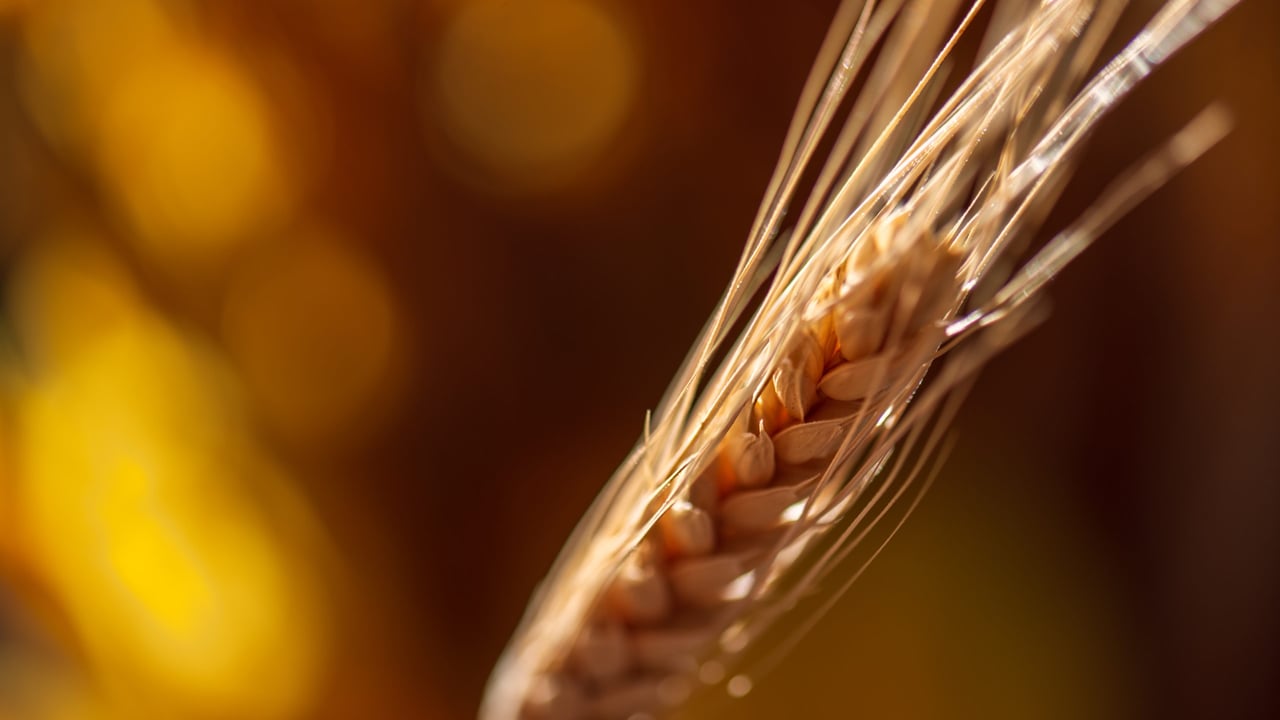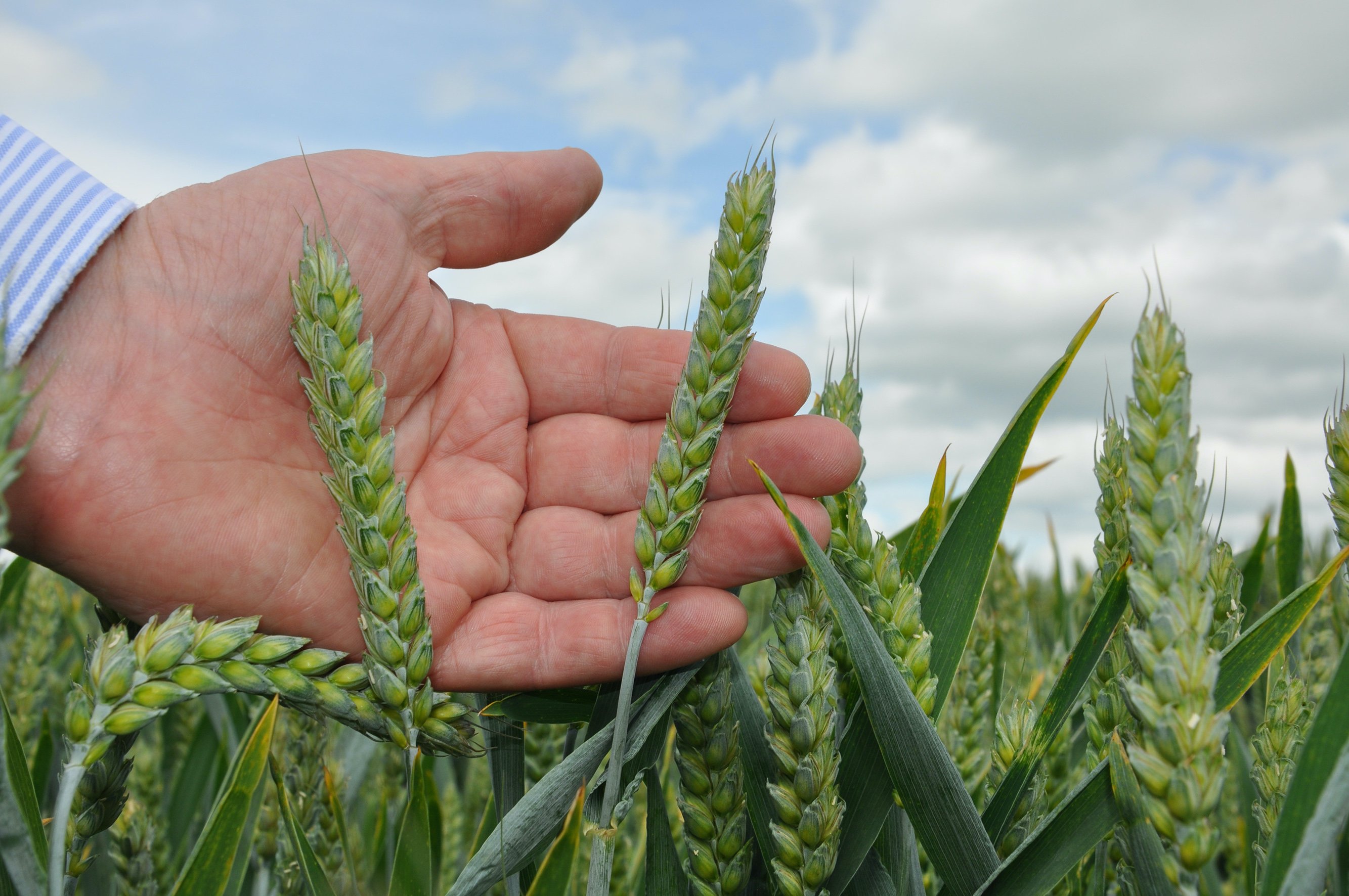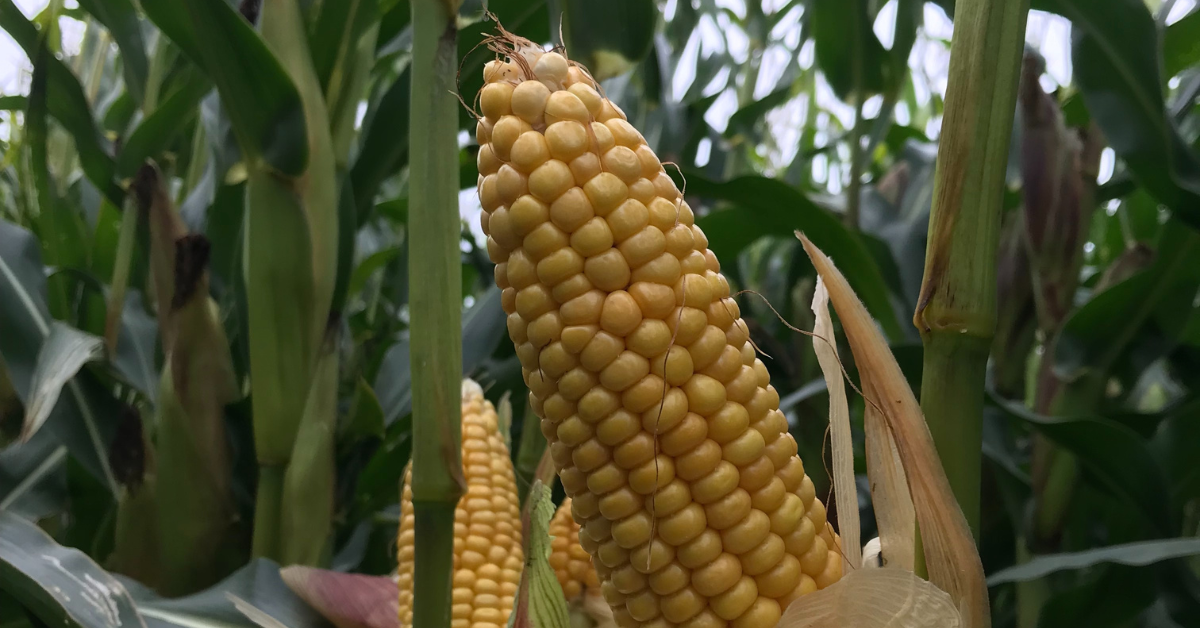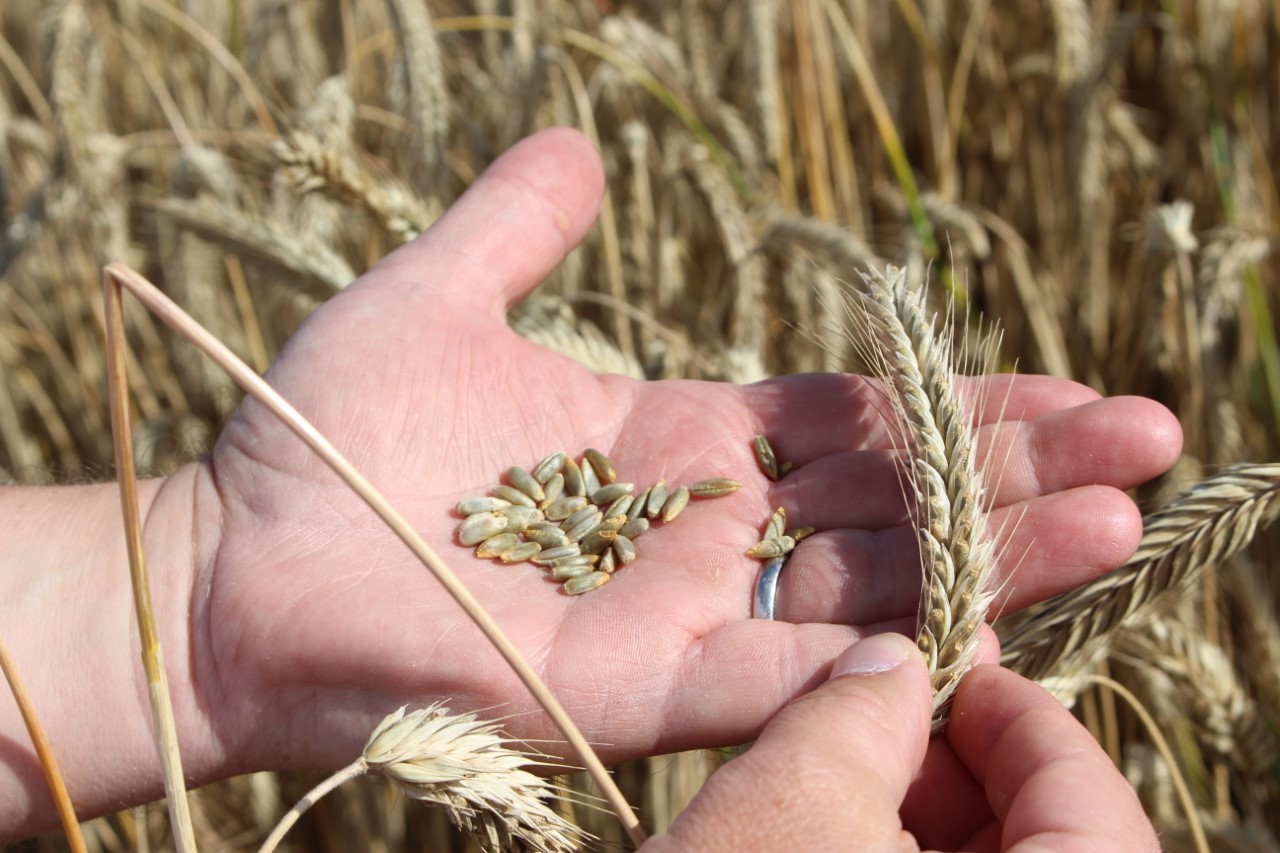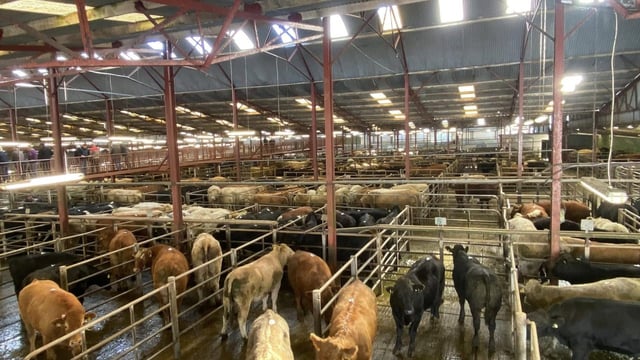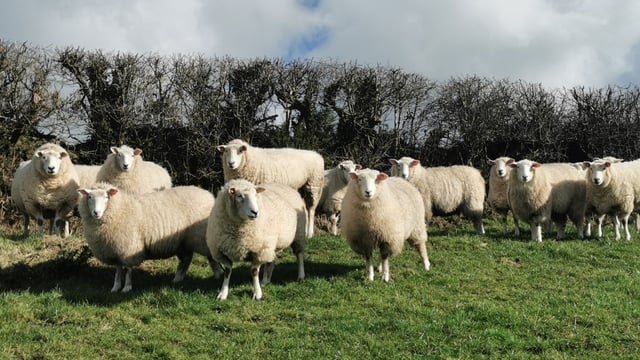New native grain opportunities within Irish distilling industry
Recent weeks have seen Teagasc tillage specialists amplify the quality attributes of Irish grain across a wide range of sectors.
Adding to this momentum is the release of new research confirming the potential role for native-grown maize grain, wheat, and rye within the Irish distilling sector.
If proven to be feasible, it is a development that could reduce cereal imports while, at the same time, maximising the value of native grains.
Teagasc tillage research scientist, Dr. Richie Hackett explained: “Over the years, extensive research has focused on optimising barley production to meet these specifications.
"Except for seasons marked by very poor weather, the Irish industry has largely met its own demand for malting barley.”
While barley remains dominant, other grains such as maize, wheat, and rye are used to varying extents, and some are currently imported.
The Department of Agriculture, Food and the Marine-funded research project, entitled ‘Distilling and Brewing – Building Capacity’, explored how more of these grains could be sourced from Irish farms.
Dr. Hackett explained: “One key question was whether Irish-grown winter wheat could substitute for the large quantities of imported maize used in grain whiskey production.
“The project also investigated the potential to grow grain maize domestically.
"It also and explored the agronomy of hybrid rye, a newer crop for Irish farms.”
Winter wheat
Winter wheat is already used in countries such as Scotland, and by some Irish distilleries, as a substitute for maize in grain whiskey production.
However, replacing maize with wheat can cause processing issues such as excessive foaming and sticky, viscous residues that are difficult to remove from distillation equipment.
To assess alternatives, the research study compared several soft wheat cultivars, including those used in Scotland, with commonly grown Irish hard wheat varieties.
Trials were conducted at two Irish locations over three growing seasons. Results showed that soft wheat cultivars could achieve comparable yields and similar grain quality to varieties on the Irish recommended list.
Unfortunately, many of these promising cultivars proved vulnerable to septoria, a widespread and damaging fungal disease in Ireland. The pathogen had evolved to overcome a key resistance gene, making these cultivars too risky to grow at scale.
Encouragingly, new soft wheat varieties with improved disease resistance and strong distillation traits are under development and are expected to become available to Irish growers in the near future.
Maize
While much of the research focused on using wheat to replace imported maize, it also examined whether grain maize could be grown in Ireland to serve the same purpose.
Maize is widely cultivated for forage (animal feed) in Ireland, where the entire plant is harvested and ensiled (fermented and stored).
However, harvesting maize for grain is uncommon, as most forage varieties do not produce grain with low enough moisture content for safe storage without drying.
Researchers trialled early- and very-early-maturing maize varieties, with and without biodegradable mulch.
The results were promising: when sown early and grown with mulch, the maize produced grain yields comparable to other cereals.
Hybrid rye
The production of another crop - hybrid rye - was examined under Irish conditions as part of the project.
The grain can be used to produce rye whiskey, with a number of examples currently being produced by Irish distilleries.
A significant amount of research was carried out to develop suitable agronomy guidelines for the production of rye.
Although the market for rye in Ireland is currently limited and it has some drawbacks, notably being very susceptible to slug damage in the establishment phase, it was found to possess a number of traits that made it suitable for distilling purposes.

